News Archive
Grand Challenges
-
Abusive relationships can be irreparably damaging for their victims. Recognizing and acting upon the warning signs of domestic violence could save someone’s life.
-
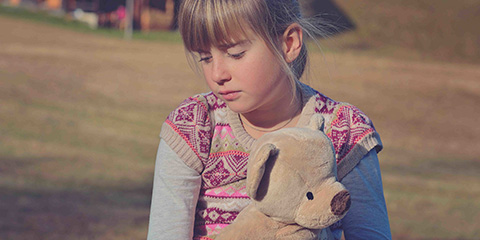
David Schonfeld believes that an integrated, informed support system is key to addressing the challenges grief poses for children.
-
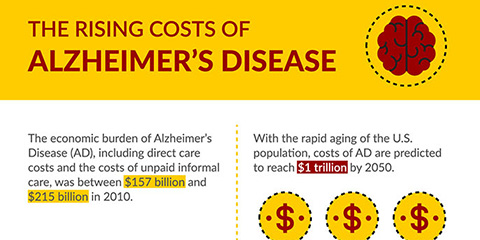
The prevalence of Alzheimer’s Disease is on the rise — and with it, the economic burden of the disease (estimated to be between $157 billion and $215 billion in 2010). What’s more, growing evidence suggests that AD disproportionately impacts racial and ethnic minority groups. Learn more about the growing burden of AD in the United States with this infographic for National Alzheimer's Disease Awareness Month.
-

As a family nurse practitioner in Baltimore eight years ago, Benita Walton-Moss saw many survivors of domestic violence.
-
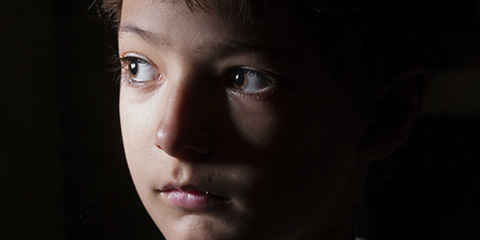
A significant portion of incarcerated individuals are parents. More than 2.7 million children in the U.S. have an incarcerated parent, and more than 10 million have experienced parental incarceration at some point in their lives. Those numbers are even higher when including children with parents under active supervision, parole or probation.
-
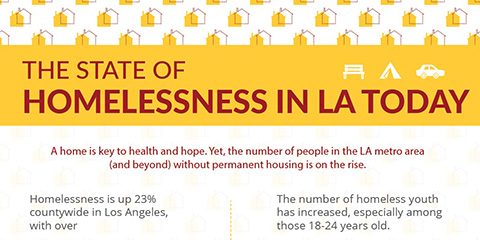
During the course of a year, 1.5 million Americans experience homelessness for at least one night. In the Los Angeles area alone, the homeless population has reached 57,000. This is an increase of 23% countywide from last year.
-
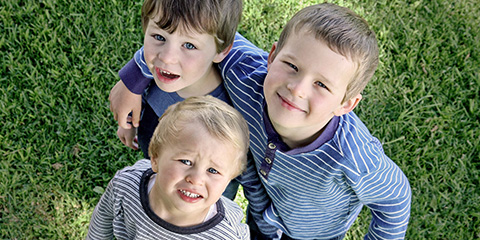
May is National Foster Care Month. Foster care can come in many forms — do you know about these 10 types?
To many, “foster care” denotes the concept of a caretaker taking in children in need until they can find permanent homes. However, there are many different types of foster care, from those based on medical need to those that involve family members or friends of the family looking after children due to unforeseen circumstances.
-
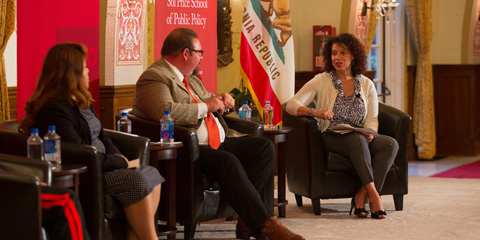
It’s hard to believe that forms of slavery still exist today, though many people might not even realize it. The Athenian Society at the USC Price School of Public Policy put a much-needed spotlight on the issue April 25 in an event titled “Ending Trafficking: A Discussion of Human Rights.”
-
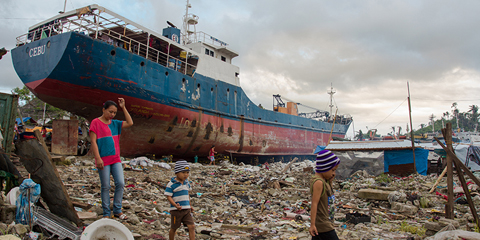
Earth’s increasingly deadly and destructive climate is prompting social work leaders to focus the profession’s attention on one of humanity’s most pressing issues: environmental change.
Typhoons are hitting the South Pacific with greater severity and regularity. Hurricane Katrina prompted the largest forced migration of Americans since the Civil War. Civil conflicts and instability in the Middle East and Africa are being linked to climate change and its socioecological effects.
-
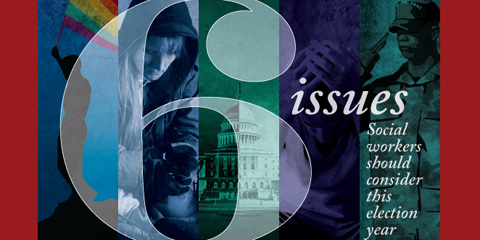
Although U.S. primary voting is coming to an end, our election season is far from over. This fall, voters will decide everything from who will represent them at the local level to who will occupy the Oval Office as the next president of the United States.
We asked faculty at the USC School of Social Work about the issues they thought social workers should be considering when going to the polls. Here are six topics our social workers thought should be top-of-mind: